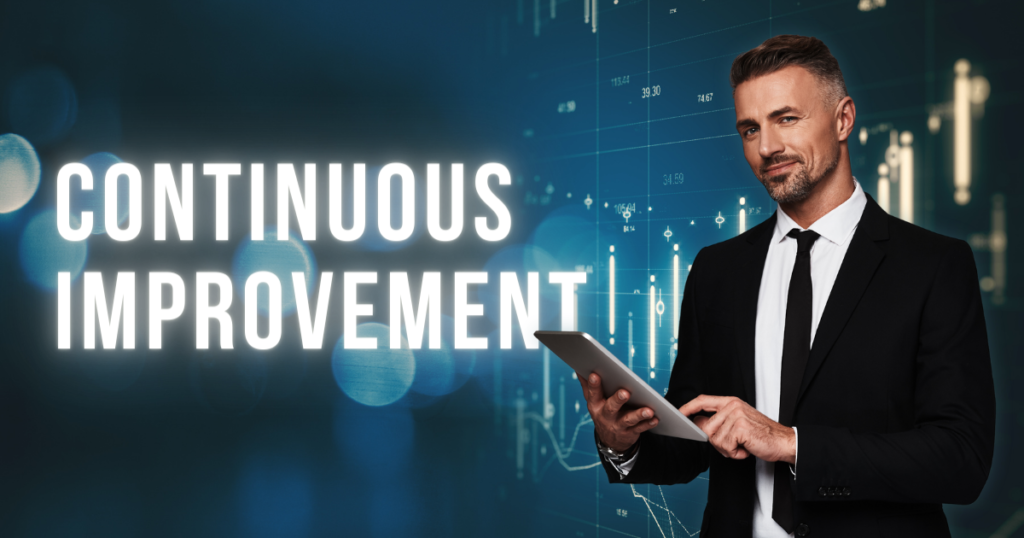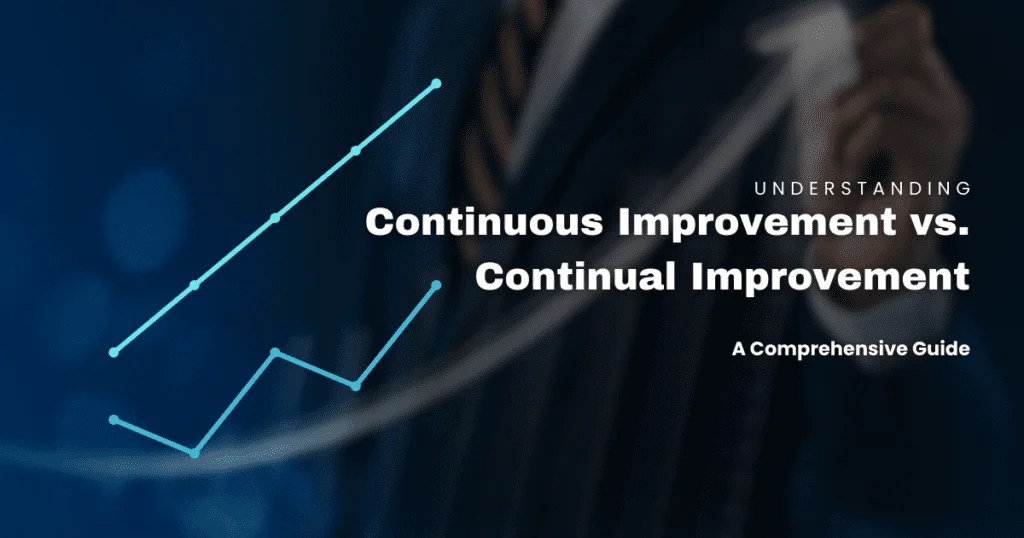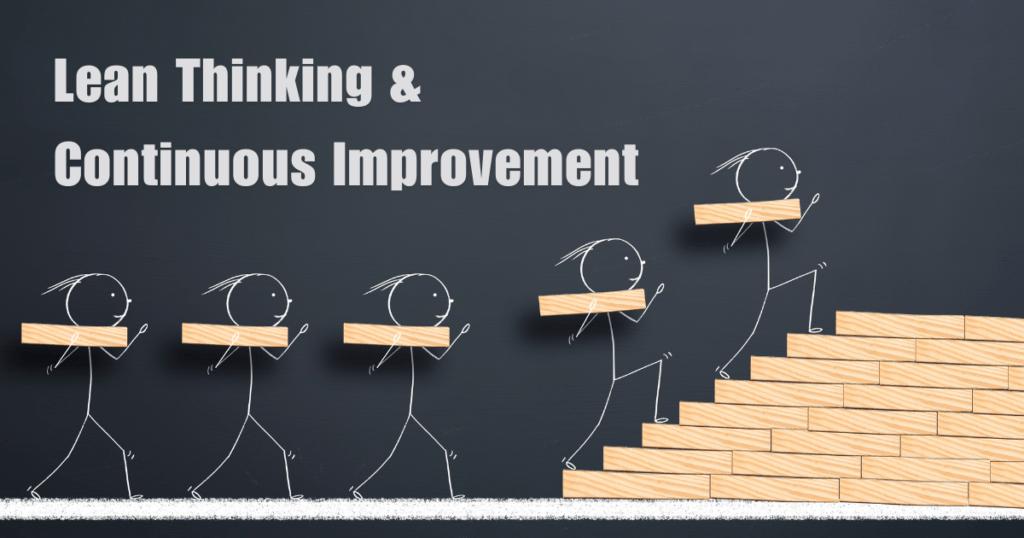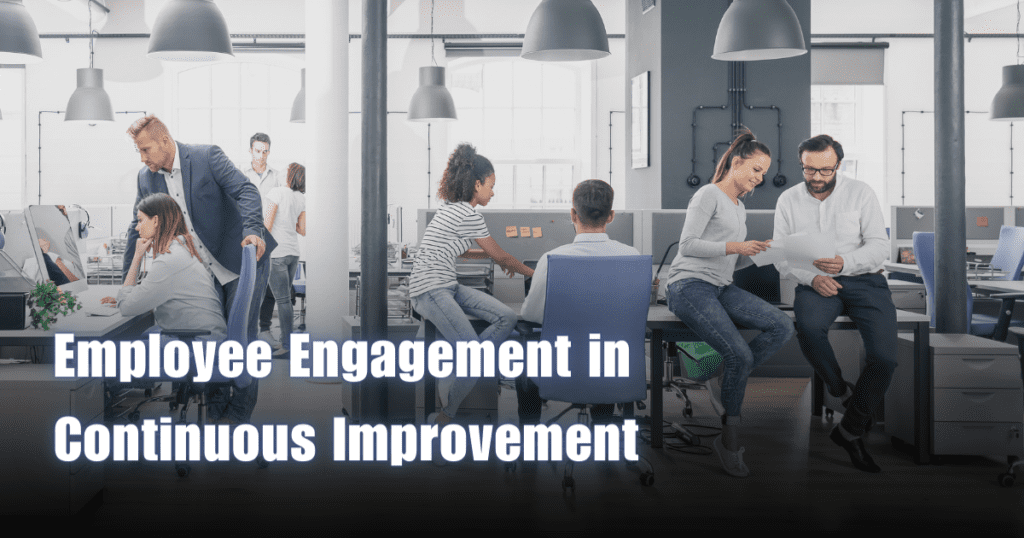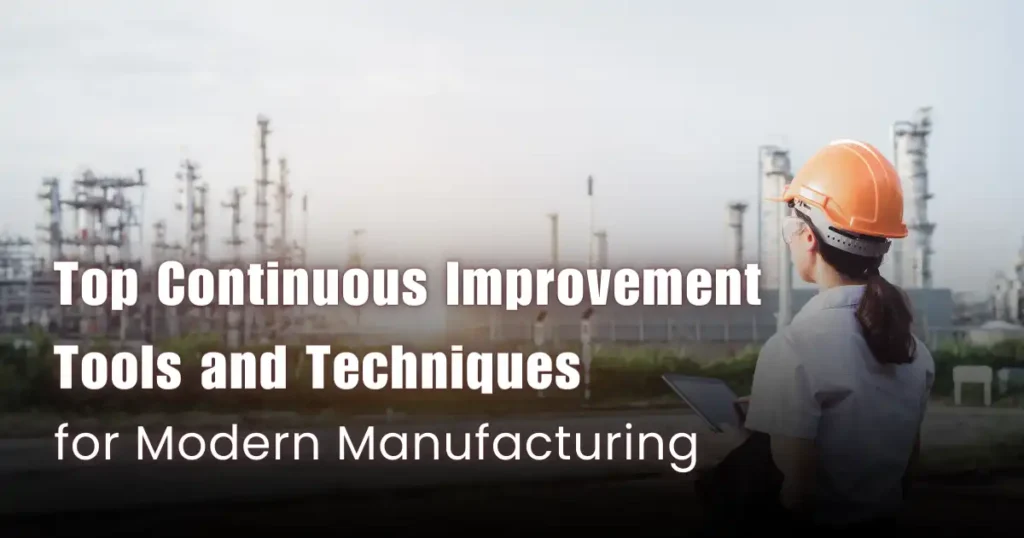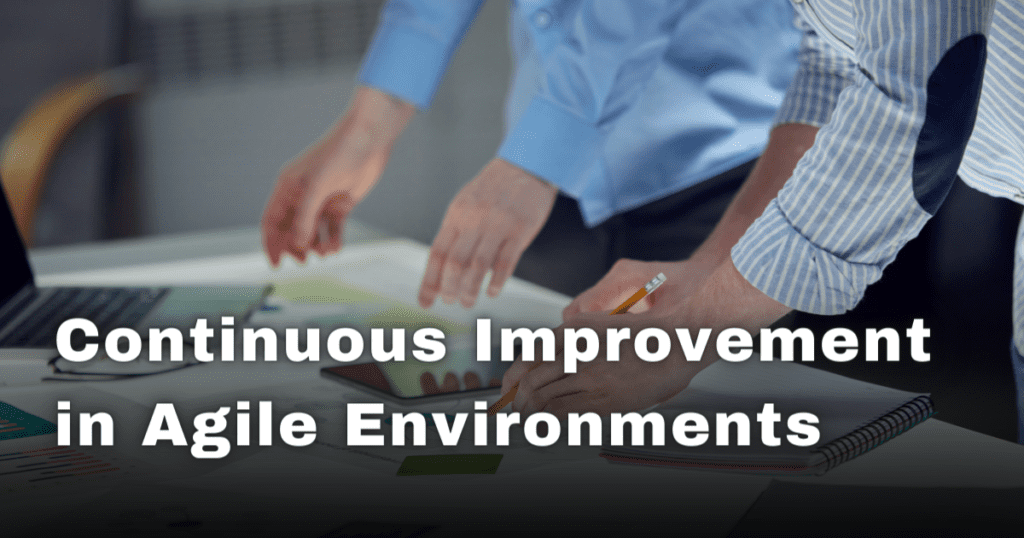Table of Contents
When it comes to improving an organization, putting it on a sustainable and continually improving footing, organizations need help. How to approach this task in the right way, using the right methodology and thinking through all of the eventualities and outcomes does not come easily. Some organizations, especially their leaders, believe that deploying a strategy that includes continuous improvement means a job well done, and that sound bites and goodwill alone will get the job done.
They should have the opportunity to shape corporate strategy (maybe for a large, global well-known firm), the opportunity to empower and inspire others within an organization and an opportunity to make a real difference in the operational performance of a company.
However, this is simply not true, and what goes into this activity cannot be underestimated. You need someone to support this effort who knows continuous improvement inside and out. Someone who knows how to empower others within a company to become champions of change, deploying CI every day, continuously turning the dial of improvement further and further. You need someone with the right level of passion and dedication to see what can sometimes be an extremely challenging task through. That person is a Continuous Improvement Consultant.
What does a Continuous Improvement Consultant do?

Being such a critical role in the success of an organization’s improvement efforts, this role can contain a lot of activities and responsibilities. Whilst you can tailor the approach you take when hiring for such a role, there are certain characteristics of this role you would want to see throughout:
- Be a change champion in the business, selling the vision and benefits of continuous improvement and related methodologies such as Lean Six Sigma, Plan Do Check Act or Theory of Constraints
- Be a relationship builder, leading in the charge against siloed working and forging strong relationships not only with the consultants themselves but with departments and teams alike
- Bridge the gaps between different business units and departments, collaborating across all key stakeholders to move the continuous improvement journey forward
- Establish and embed a culture of continuous improvement from leadership down, shifting mindsets away from just reporting concerns and issues to proposing solutions to fix them
- Train and upskill team members on key continuous improvement methodologies and tools from how to support Lean Six Sigma projects to how to lead and facilitate workshops
They should have the opportunity to shape corporate strategy (maybe for a large, global well-known firm), the opportunity to empower and inspire others within an organization and an opportunity to make a real difference in the operational performance of a company.
What experience does a Continuous Improvement Consultant need?

It goes without saying that the more experience and exposure a CI Consultant has the more employable, the more desirable and the more impactful they are. Given the fact that there are hundreds of millions of businesses in the world, all of different sizes, operating in different sectors and facing different problems, wants and needs, the experience a CI Consultant can get is truly breathtaking. This is a big bonus for organizations as they will often be able to successfully find a consultant who fits into their sector, size and needs niche more easily than you may think.
With that said, there are some key things all organizations looking for this type of hire would look out for, and these include the following:
- Strong experience in deploying continuous improvement tools and methodologies to high levels of success and great impact on a business
- Experience in empowering team members to deploy continuous improvement tools by training them on said tools and mentoring them through their deployment
- Experience in building out a continuous improvement approach that can be deployed readily across an organization, reducing the disjointed nature of the delivery of improvement projects across the departments
- Delivery of Lean Six Sigma projects at the Green or Black Belt level
- Experience in a particular field (this will depend on who is hiring) but could include Financial Service, Legal, Manufacturing, Construction, Public Sector etc.
When it comes to hiring a CI Consultant, you need to work out exactly what you want and need for that particular role or assignment, and match that up with the experience you see in the market. Remember, there is no one-size-fits-all approach with CI Consultants, so if you are hiring one, make sure you know your organizational needs and wants first, then tailor your job advertisement to that specification.
What skill set should a Continuous Improvement Consultant have?

With this type of role, it is difficult for just anyone to do it. It is a very unique role which can be exposed to a range of challenges and opportunities, can be given huge responsibility and accountability and can lead to changes that can last an organization a lifetime. For such a role, you need the right person, and the right person requires the right skillset.
So what does the right skillset look like for a Continuous Improvement Consultant?
Here are some of the most important skills they will need:
- Ability to build strong and lasting relationships with people at all levels of the business, from leadership through management to those working directly in the processes the Consultant will be seeking to improve
- Great communication skills, to be deployed throughout the lifecycle of the continuous improvement work to keep people invested, interested and involved
- Ability to facilitate workshops, clearly identifying a strategy of how to manage the various people in a room and ensure they get the best out of everyone involved
- Presentation and selling skills are also important, as these Consultants will need to sell the vision of the CI initiatives they are deploying but also present back findings, results and next steps on a regular basis
- Confidence reporting and presenting to leaders at the C-Suite level if the role requires it. This will include confidence to answer questions that may have not been prepared for ahead of the meeting
These five skills are the backbone of the Continuous Improvement Consultant role. That is what makes those who enter this role so unique because finding individuals with this skill set can often be rare. Confidence, collaboration and consistent delivery would be the three Cs that make up the bulk of what is needed from this role skills-wise. Therefore, if you are thinking about going into such a role and are lacking in any of these areas, it is time to start improving on them day by day.
Characteristics of a good Continuous Improvement Consultant

As well as the experience, skills and accountabilities of a CI Consultant, it is also worth noting what, from a personal perspective, makes up a good consultant in this field. Gaining the experience, the qualifications and building the skillset laid out so far is one thing, but the drive, passion and thinking that goes into those efforts does not just come from nowhere. It cannot be artificially deployed and is often driven by the person in this role.
With that said, there are a number of personal traits and characteristics someone looking to go into this kind of work will need, not just on day one, but long term, in order to sustain them in this role. With the many challenges and demands that can come with this type of role, experience and skills alone will not sustain you. Characteristics you may need include:
- A genuine passion and love for continuous improvement, the methodologies and the tools that come with it
- A genuine drive to want to help people and organizations to grow and thrive sustainably and for the long term, feeling a sense of pride in seeing this happen
- A commitment to people, their development and their experience of their roles and companies. This commitment will be driven by wanting to see these people happy and committed to the work they are doing, supported by CI in some way
- A results and success-driven individual, someone who thrives on seeing projects close, goals being met and targets being exceeded, and feeling that sense of achievement when these events occur
- A committed person, is someone who wants to see their cause through to the end. This is someone who does not run at the first sign of trouble or hand over work and projects to be finished by others. They will be dedicated to the outcomes throughout.
Such characteristics are often hard to be taught, they often come from within. That is why it is often hard for people to just fall into such roles and be successful in them, because without such character traits, succeeding as a Continuous Improvement Consultant won’t be an easy task.
Also read: Top 10 questions to ask in a Continuous Improvement interview
Conclusion
As you have seen from this article, the role of the Continuous Improvement Consultant is one that is varied, and complex but highly rewarding. There really is no other role out there which exposes individuals to so many different people, teams and departments. To so many different projects, problems and processes. A role which rewards people when they hit their targets and their goals, sometimes with really BIG positive outcomes for a business. If you would like a role which lives by the mantra of “no two days are the same”, that challenges you every day and sharpens your personal and professional abilities with every new opportunity, maybe a career in Continuous Improvement could be right for you.
If you are interested in this field of work and would like to expand your knowledge of Continuous Improvement, why not enrol on our course today?


